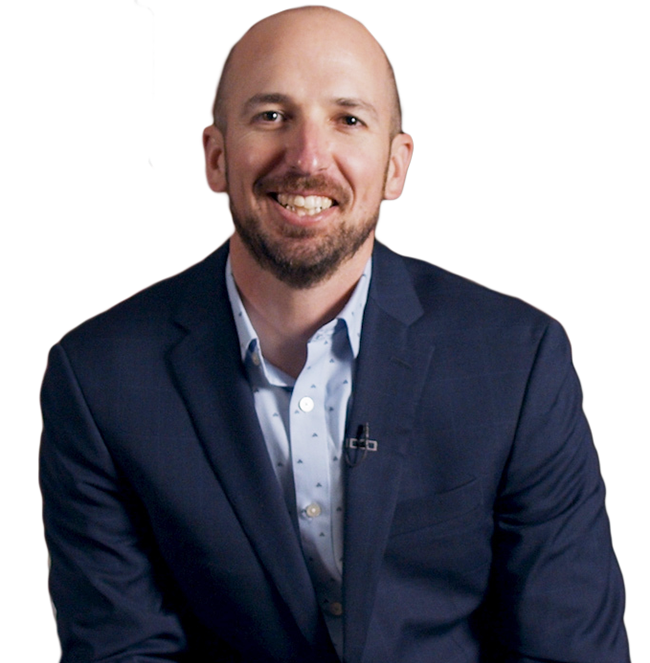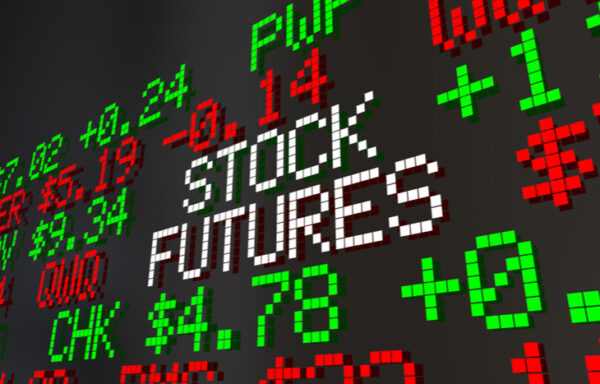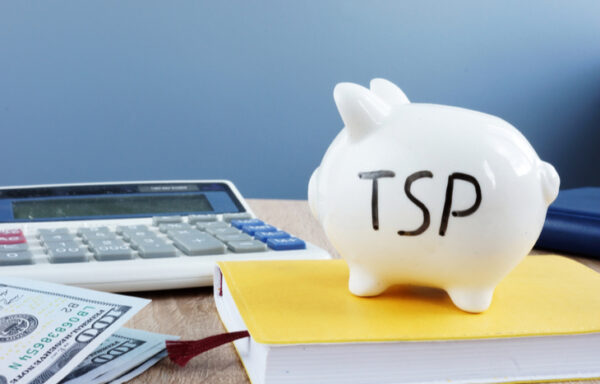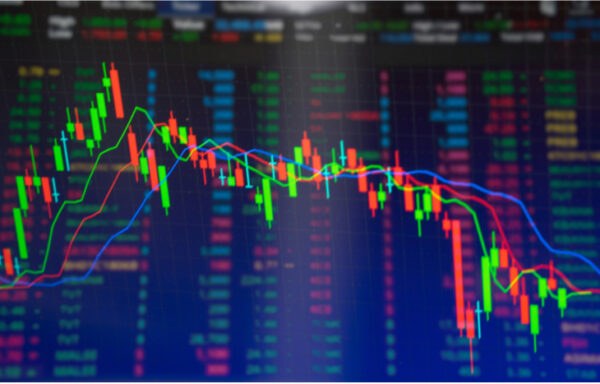The Secret to Buying the Perfect Stock – Transcript
If you can afford a Netflix account, you can buy stock. Investing shouldn’t be confusing, so we broke it down for you. Look for these 3 things to find winning stocks and start investing like a pro today.
READ THE TRANSCRIPT OF THE VIDEO BELOW
Andy:
What up?
Alex:
Stocks. Or at least they are as we’re recording this. Today, we’re going to get into some of the most crucial know-how that you can have: how to make money.
Andy:
So investing in stocks is absolutely critical know-how for your success. I mean, if you want to be a successful person, you need to be a successful investor. It ties directly into your liberty, your freedom, and what you can do in life. It’s not hard. A lot of folks can figure it out, but the industry kind of makes it harder than it needs to be. But if you want to make money, it’s actually pretty simple.
Alex:
Yeah, it’s one of those things. It’s like changing your oil. It’s one of the most simple things you can do. It’s really not that much harder than like changing a light bulb, yet there’s an entire industry – Jiffy Lube, quick lube, whatever – where it’s like, “I’m going to have somebody who’s really knowledgeable, really knows how to open that oil cap.”
Andy:
Exactly. But as we’ll discuss here, there’s really only three things you need to look for if you want to find the perfect investment, the perfect stock.
Alex:
Yeah. We’re coming to this as a two guys who don’t just sit in a field all day. We write about and do invest. I’ve been investing for 10 years. Not just in a IRA or a 401(k), but in individual stocks and options. You smoke me with your experience. Do you want to get into your background?
Andy:
I got into this right after college, worked for a mutual fund company, financial advisor selling mutual funds, stock advice, that sort of thing, whole portfolios.
Alex:
Yeah, not just a rinky-dink operation either. What did they have, like $70 billion in their-
Andy:
Yeah. It’s one of the biggest mutual fund companies in the country. We don’t need to name names or anything like that, but-
Alex:
It was a big one.
Andy:
It was a big one. Did that for a while, and then moved into the financial publishing space. It’s a way to really reach out and educate a lot more people, spread the message a lot faster. Did that for a few years. Took a quick hiatus, it was really fun, up to Alaska for about two seasons, two years up there. Interestingly, I think I learned more about investing up there than I did in the books or anything like that. I fished with hedge fund managers, mutual fund managers, the largest landowner in the country, and actually watching deals get done. So I took what I learned in Alaska, bring all that back, tie in this financial side. And that’s Manward.
Alex:
Yeah. I like to imagine you just kind of gutting a salmon on some balance sheets.
Andy:
Could do it, yeah.
Alex:
That’s Manward.
Andy:
That’s Manward.
Alex:
Yeah. I mean, before we get into the three things that make the perfect stock, you need an account. Okay? And so many people are so afraid to even get started with a trading account. And yet it couldn’t be simpler. It’s easier than paying a utility bill online.
Andy:
Yeah. If you can go online and start a Tinder account, you can get a brokerage account. It’s just as easy.
Alex:
We’re at this place right now where I think a lot of people, the media included, will say like, “Millennials aren’t investing. Less than a third of millennials are investing. And it’s because they lived through the Great Recession, and they were shell-shocked by it.” And I think that’s BS. If you have the amount of money to spend on a monthly Netflix subscription, you could be buying a share of Ford every month. You could be buying a share of tons of other good stocks that are cheaper and be making money, be getting paid a dividend. You get paid to own these companies. And it’s not like you put your money into a box and Ford’s going to run off with it. You own part of that company. That’s what having stock is.
Alex:
And so for anybody to make the excuse, “I don’t have the money,” BS. “I don’t have the time,” you don’t have to sit there and monitor your trading account. We can talk about two different kinds of investing. There’s passive investing, which is what most people do. Buy and hold. I’m going to buy a stock, and then I’m going to not look at it for a month. And that’s the smart thing to do if you’re getting started trading.
Andy:
Yeah. And a lot of people talk about the fees and the cost involved with trading. And get this. So when I started umpteen years ago, I remember I had about a hundred bucks I was putting into a real small company, just kind of being speculative, taking that little bit of money and doing something. I was paying $6, $7 a trade, so with a hundred bucks I’m down 6% or 7% to start, so the stock would have to rise even further. Nowadays, that’s not even a problem. Like Robinhood, totally free. You go in and sign up, you can make trades for free, so you’re not coming in with that trading fee down. So it’s perfect for the guy that’s got a hundred bucks, 50 bucks, go out there, start a Robinhood account. And we’re not being paid by Robinhood or anything like that. We just think it’s a great opportunity, great new technology out there that keeps you in cost-free.
Alex:
And just spending the time to develop a trading account is automatically going to give you half a leg up over the rest of society.
Alex:
Let’s look at the S&P 500. Okay? So for those who don’t know, the S&P 500 is basically the 500 biggest companies trading on exchange right now. You’ll see all familiar names. Pretty much all 500 are companies that you’ve heard of, you have their products in your home, you’ve bought something from them, you use their services, whatever.
Alex:
If you had invested in the S&P 500 or an S&P fund over the past 20 years, you would be significantly better off today. In fact, if you invest in the broad markets, historically, you’re very likely to do just fine over a long period of time. You just don’t invest money that you need to spend next month.
Andy:
Sure. I mean, every stock market has its ups and downs. We have recessions, we have booms, we have busts. Every bull market is followed by a bear, and every bear market is followed by a bull. As long as the government stays out of it and the market’s allowed to do what it wants to do, the investors are going to do very well with that kind of situation.
Alex:
And we should explain bull, bear. It’s really that simple.
Andy:
Knowing when to buy and sell is not hard. I mean, even if you bought before the Great Recession and held the whole way through, you’d have more than doubled your money. Sometimes 150% more, easily doubling your money over five, 10 years in the stock market. I think the average goal is to double your money every seven years. It’s not hard.
Alex:
Yeah. No, and I mean, again, think about what doubling your money means. Every $5 turns into 10 bucks, every 1,000 bucks into $2,000, $10,000 into $20,000.
Andy:
Yeah. So that’s what doubling means.
Alex:
Yeah, right, right. But we’re not really here to talk about buying broad funds. The real money is made buying individual stocks and owning individual shares of companies, specific kinds of companies. And you’re going to kind of lead us through what in your mind are the three things that make a perfect stock.
Andy:
Finding the perfect business is … We always say it’s like porn, you know it when you see it. So there’s really, like I said, three things that we look for and we study when we’re looking for the perfect business model. And so we did this in Manward Letter, recommended two stocks, and over the last two years or so, they’ve more than doubled the return of the S&P 500. So there if you would’ve went out and brought the broad stock market, using an ETF or something, you’d be up this amount. With these two stocks, you’d be up this amount, 200% higher.
Andy:
So the first thing is we say it has a broad moat. And so we all know, the moat and the castle, it’s hard to get across that moat. So we think of a business, it could have high costs to get into it. You and I couldn’t go start an X-ray company right now unless we had a lot of money. So the high costs, the technology, something like that.
Andy:
And so the second layer is some sort of government protection or even protection from big business. So we look at like a garbage company, right? You and I can’t really go start a landfill because of all the permits and that sort of thing. But then also a lot of townships, counties, they contract out … First of all, they force you to have trash pickup. And second, they contract out with a specific hauler. And so that company, it has a basic monopoly in there. So find those companies, and that’s great.
Andy:
And the third thing-
Alex:
But just to sum those two up, because that’s important because you have a thing. So you have a business model that is protected. They essentially … You said monopoly a second ago. Yeah, you’re looking for monopolies. And you have the government who is going to also add to that protection.
Andy:
Back that monopoly.
Alex:
They’re adding that layer, so it’s harder and harder for this business to have competition.
Andy:
Yeah. It’s hard to get in, and then once you’re in, the government protects you. The government protects you.
Alex:
So you’ve got this foundation, which I think is key before you get to the third point. Because the third point is what really takes us up a notch.
Andy:
Yeah, that’s the extra sizzle. And that’s getting every penny that you can out of that customer. So again, we could go back to the trash side. Waste Management’s a famous company for this. You pay them to take your trash, your recycling. What do they do with it? They either bury it and get energy off the natural gas that comes out of it and sell that energy, so they’re getting more money out of that, more revenue, or they’re taking your recycling and selling those too.
Andy:
Or you look at a company like the famous blade and razor or a razor and blade model. You go out to Walmart and you buy a razor blade, 14 bucks, you get a six pack. And then you try to go buy six more razors, it’s 20 bucks. And so they’re continuously getting money out of you.
Alex:
And you have to buy those specific cartridges. It’s not like you can mix and match. If you buy a Gillette, cool.
Andy:
You’re stuck with it.
Alex:
Yup. But you got to buy that brand.
Andy:
Exactly.
Alex:
It’s more and more out of you, and you’re locked in.
Andy:
It’s the same as the subscription model we see with Netflix. Instead of just charging one price and you’re in, they’re charging you $14, $16 a month to keep doing it.
Alex:
Well, and that’s a great example because that’s they’re securing specific deals. So up until Disney kind of yanked its content off of there, Netflix was the only place you could go if you wanted to see the new Star Wars movies, you wanted to see the Marvel movies as they were coming out.
Andy:
That moat.
Alex:
Exactly. So it’s like, well, I got to have Netflix because I’m a nerd and I need to watch this stuff. Sorry, internet. Or think about a company like Apple. Everybody has an iPhone, or a lot of people have iPhones, and when you bought that iPhone you didn’t just buy the iPhone. Okay? That’s not your last interaction with Apple.
Andy:
You bought a cash register that you keep putting money into.
Alex:
Exactly. If I want to download an album, if I want to download an app, if I want to download … Like now I can subscribe to individual newspapers, and Apple gets a slice of all of that. So they’re getting recurring revenue. It is that razor blade and cartridge model.
Andy:
Yeah. So you can complain, like the average internet comment or that the rich are getting richer, a complaint every time that Apple sells a new set of earbuds and you have to go out and get a new set of earbuds. Or you can spend 200 bucks or so, invest, become a shareholder of that company, and celebrate every time somebody goes out and buys a new set of earbuds.
Alex:
Before we go, I just want to say, I want to hear from you. So if you’re an investor, tell me about your experiences investing. Do a little bragging on yourself. What’s a big trade you’ve had recently? Throw that in the comments below. And if you don’t invest, tell us why. What’s holding you back? I’m really interested to hear. And if you have questions, go ahead and leave those below.
Andy:
We’re excited to hear from you. We’ll see you next time. Cheers to that.
Alex:
As always, thanks for watching. If you liked what you saw, please be sure to hit the thumbs up, comment, subscribe. And if there’s anybody you know who could benefit from the information we discussed today, go ahead and share it with them. We’d sure appreciate it.
About Andy Snyder
Andy Snyder is the founder of Manward Press. An American author, investor and serial entrepreneur, Andy cut his teeth at an esteemed financial firm with nearly $100 billion in assets under management. In the years that have followed, he’s become sought after for his outspoken market commentary.
Andy and his ideas have been featured on Fox News, on countless radio stations, and in numerous print and online outlets. He’s been a keynote speaker and panelist at events all over the world – from four-star ballrooms to Capitol hearing rooms – and has rubbed shoulders with lawmakers, lobbyists and Washington insiders. He’s had lunch with John McCain… fished with America’s largest landowner… and even appeared on the Christmas card of one of Hollywood’s top producers.
Today, Andy’s dissident thoughts on life, Liberty and investing can be found in his popular e-letter, Manward Financial Digest, as well as in the pages of Manward Letter. He also is at the helms of the award-winning VIP Trading Research Services Alpha Money Flow and Venture Fortunes. Andy resides on 40 bucolic acres in rural Pennsylvania with his wife, children and a steadily growing flock of sheep.






